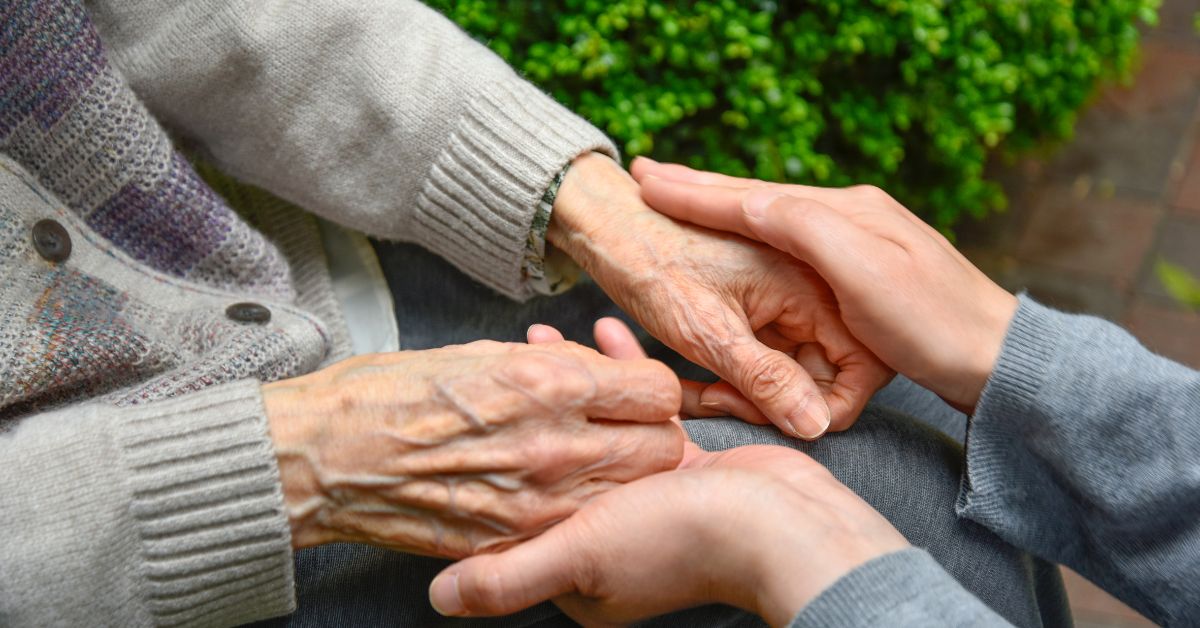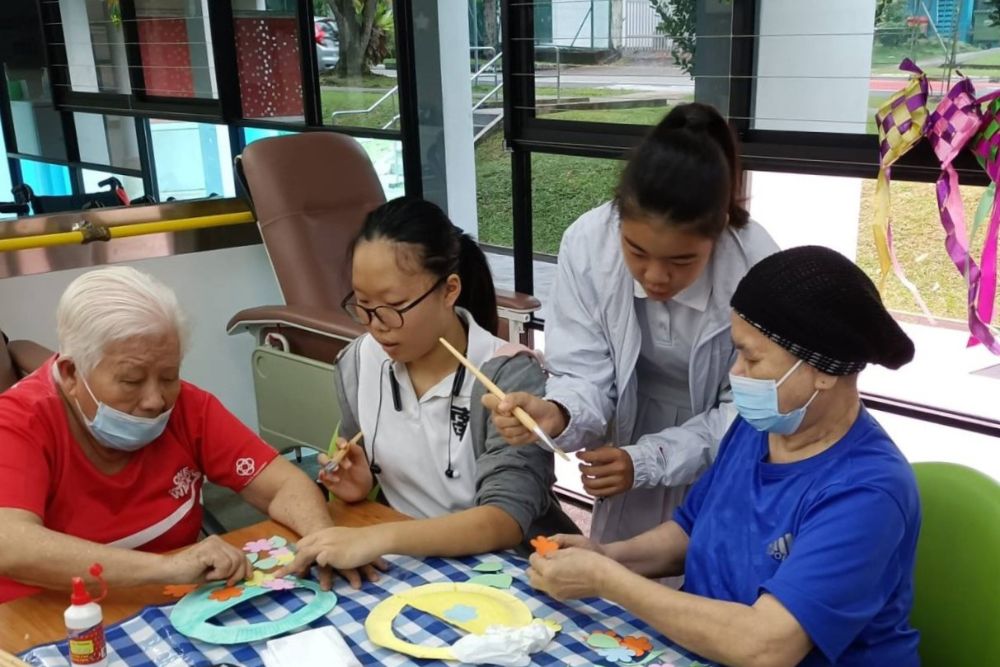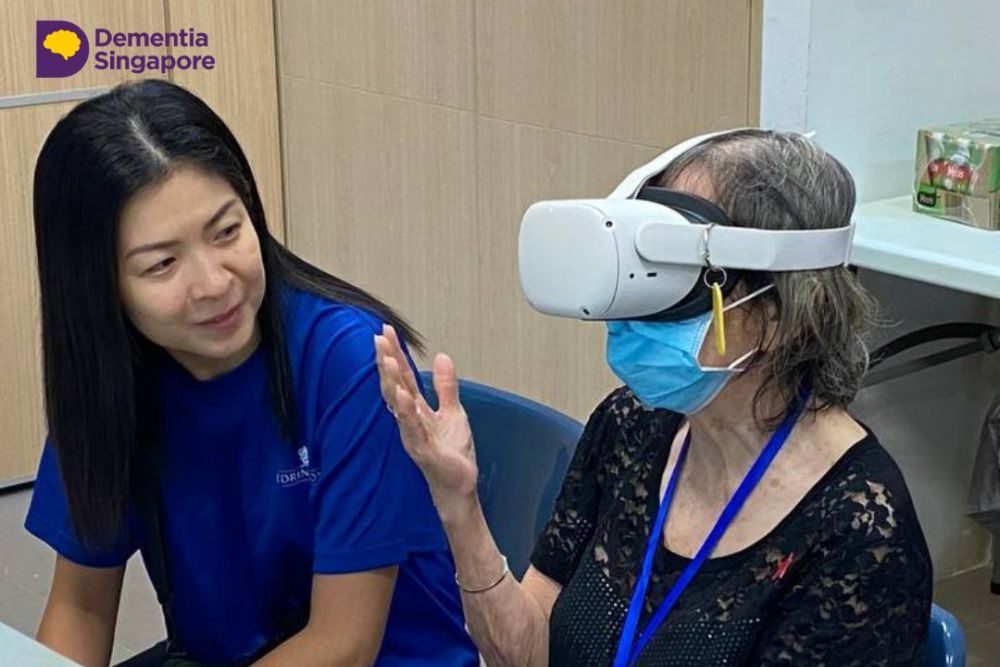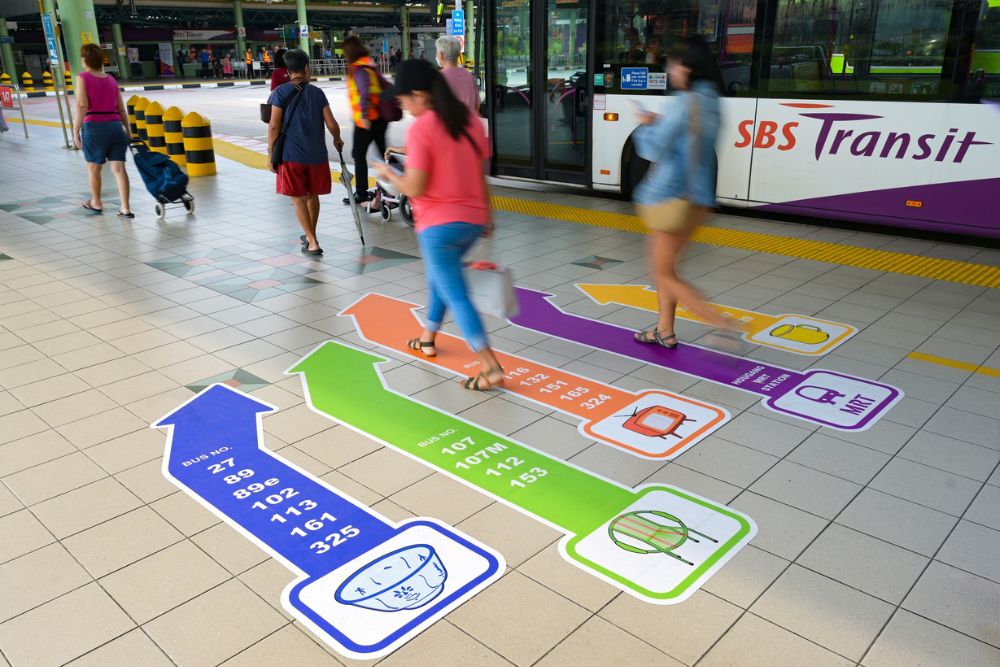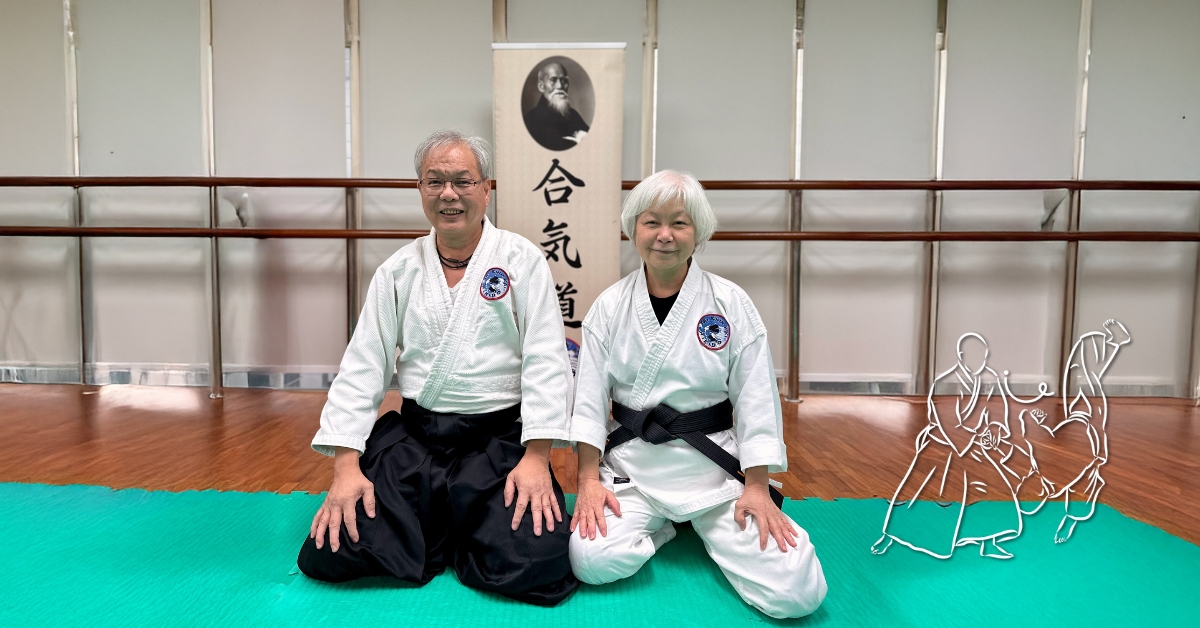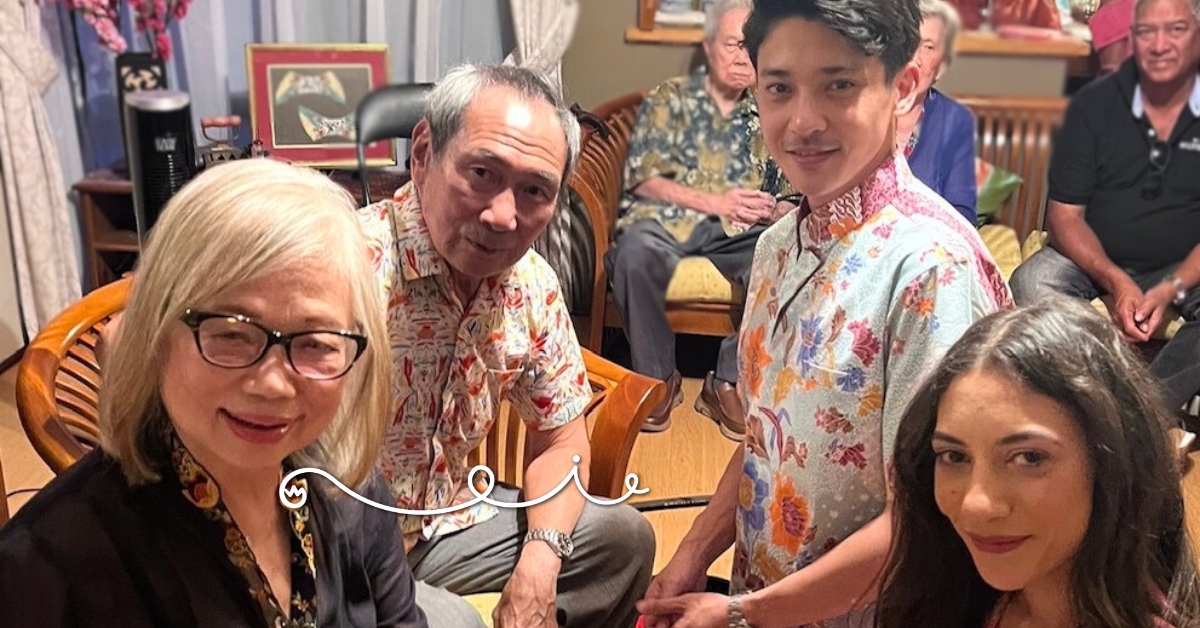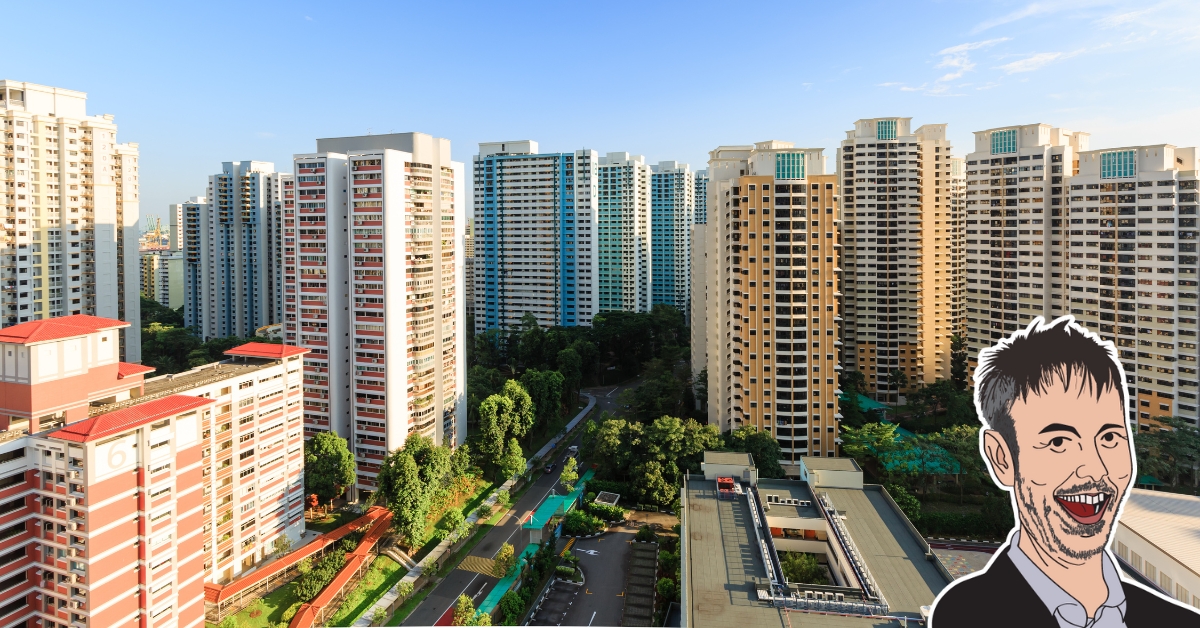Many developed nations across the world are facing what is now known as the silver tsunami as life expectancies continue to grow as birth rates plummet.
Singapore is no exception. Come the end of the decade, and the proportion of people aged 65 and above here will grow from one in six to one in four.
Many of these silvers in super-aged Singapore might require extra medical care as age-related ailments set in – especially dementia, where ageing is the biggest risk factor.
At 65, only 1 in 10 people have dementia. By the time they reach 90, that number will have soared to more than half.
Is the nation adequately armed to tackle the issue? In the lead-up to World Alzheimer’s Day (21 September), SilverStreak speaks to Jason Foo, CEO of Dementia Singapore, a social service agency specialising in dementia care since its inception in 1990.
Jason provides two explanations for the ballooning of the estimate by more than 50%: “One reason is life expectancy, which is increasing not only in Singapore but around the world. Our senior population has grown significantly since the previous estimate was done.
“But another major reason is awareness. In the past, being forgetful was just seen as a part of getting old. But now there’s an understanding that forgetfulness, together with other symptoms like changes in behaviour and the ability to perform activities of daily living (ADL) like going to the toilet or changing, are indicative of something bigger.
Dementia is an umbrella term for several diseases that affect memory, thinking and the ability to perform ADLs. Its symptoms can only be treated, supported or managed – there is no cure for the ailment.
Therefore, people with dementia often require supervision or caregiver assistance, especially once it has progressed from early-stage dementia to a moderate or severe stage.
One solution is nursing homes. Singapore plans to double the capacity of nursing home beds from around 16,200 in 2022 to 31,000 over the next decade – far short of the current projection of 152,000 people with dementia by 2030.
“While it is a solution, I am glad that both Dementia Singapore and the government agree that it is not the first solution – it is in fact the last resort, as we’d much rather people age in place in their homes with support from the community and a network of eldercare centres.
Besides, the benefits for ageing in place are numerous, he explains. They include the prevention of social isolation, a greater sense of dignity, and better inclusion into society. By living in familiar places, people with dementia feel calmer, while being better able to recall happy memories.
In that aspect, Singapore has come a long way since Dementia Singapore was incepted, says Jason. Back then, it was known as the Alzheimer’s Diseases Association.
The organisation was formed and Jason, an accountant by trade, was roped in to handle the books. He eventually took the helm full-time in 2012.
In its early years, the social service agency focused on creating and running centres with specialised dementia care services. They currently run four dementia daycare centres in Bukit Batok, Jurong Point, Tampines and Toa Payoh.
Since about six years ago, they’ve eased off the throttle on opening new centres on their own, in favour of working with daycare centres run by other faith-based and charitable organisations.
Dementia Singapore also conducts training for caregivers – including relatives of people with dementia and foreign domestic workers – at times convenient for them in English, Malay and Burmese.
Nevertheless, Jason stresses that dementia is not an ailment reserved for the aged.
What’s worse, while people with YOD exhibit similar symptoms to those with late-onset dementia, they often deteriorate faster. Researchers have not determined the exact reason, though one theory Jason mentions is the higher metabolic rate of younger folk, leading to quicker changes in the brain.
What they do know for sure is that, while numbers are comparatively small, the economic and emotional impact of young-onset dementia is often magnitudes greater.
The emotional impact of young-onset dementia is especially weighty, says Jason.
Jason of Dementia Singapore reminds us that this is not a cure-all.
For individuals looking to ward off the ailment, they’re better off engaging in the “heart-healthy activities”.
As part of their work, Dementia Singapore continues to experiment with novel management strategies – whether that be craft workshops, or innovative “Totsu-Totsu” dance sessions from Japan.
In lieu of a cure to dementia that may never come, Jason hopes that their outreach can help shape the nation into a dementia-inclusive society.
“We’re always trying to educate the community to spot the signs. People with dementia walk into a shop to pick up something and walk out after forgetting to pay. They often get the police called on them, and especially for people with YOD, you might get a very nasty reaction. Learning how to spot the signs and handle the situation is key.
